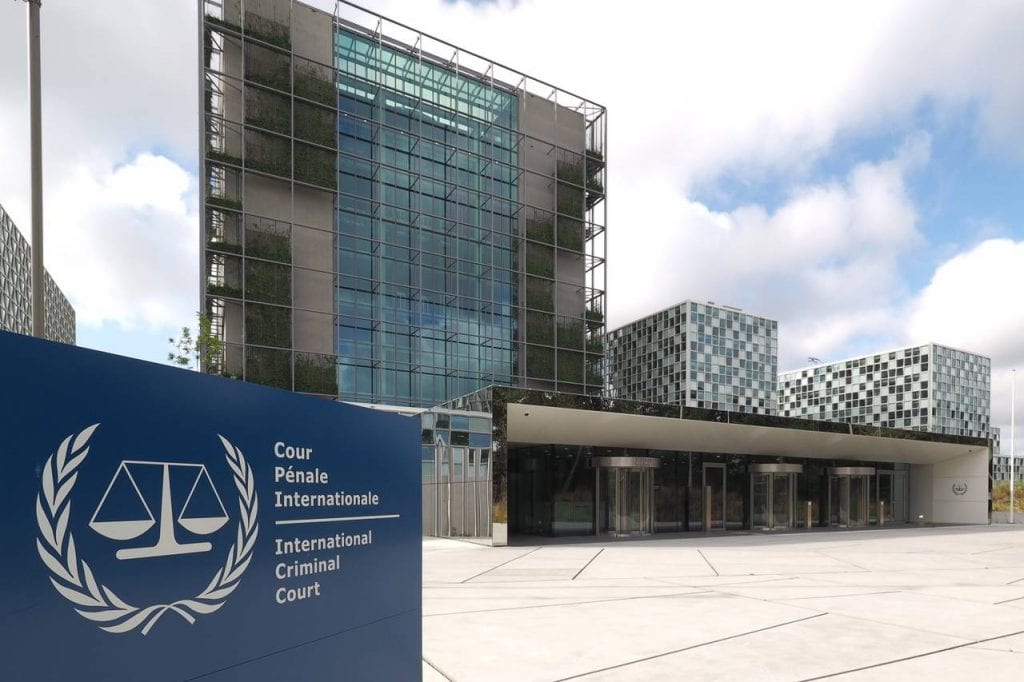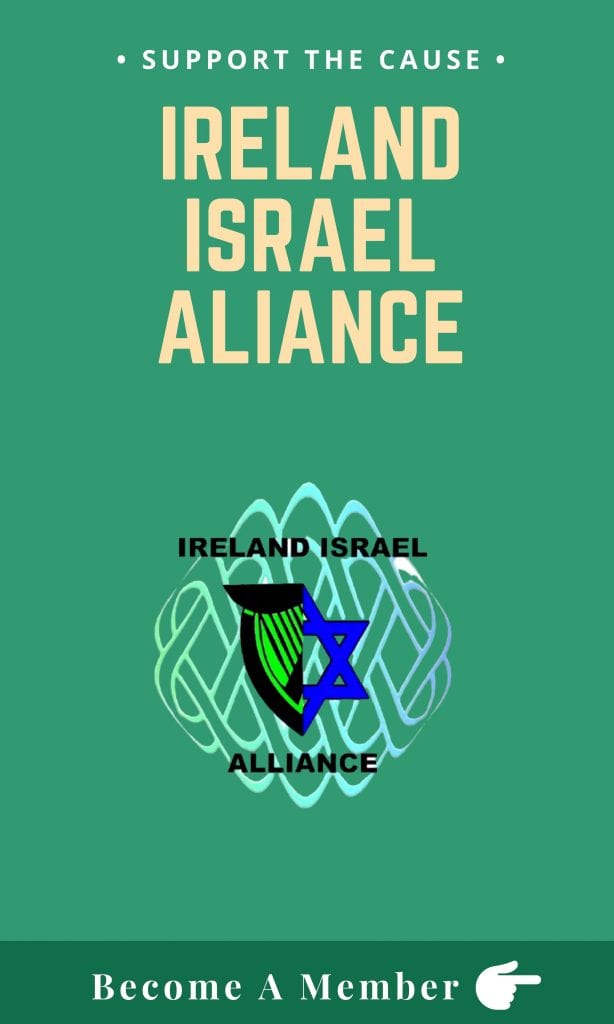All countries should be equal before the ICC but some are more equal than others. The International Criminal Court (ICC) came into being on July 1st 2002 when the Rome Statute entered into legal force. This Statute is a multilateral treaty that serves effectively as the ICC’s constitution. States which become party to the Rome Statute become member states of the ICC. As of June 2019, there are 122 ICC member states. 42 states are non-party, non-signatory states.

Its role is to prosecute genocide, crimes against humanity, war crimes, and crimes of aggression although the Court’s jurisdiction in this latter regard is subject to a number of procedures which were agreed at a Review Conference in Uganda in 2011. The Court sees itself as an independent international organisation that is complementary to national jurisdictions in that it may only proceed with a case where a state is unable or unwilling to investigate or prosecute.
From the start, the ICC has proved to be controversial with claims that it is unduly concerned with crimes committed by Africans whilst it ignores alleged atrocities by western countries; e.g. in Iraq and Afghanistan. As a result, many African countries have threatened to withdraw and one country – Burundi – has carried out that threat.
It has also come in for criticism for its handling of investigations into the Mavi Marmara episode of May 2010. Readers may recall the incident during which 10 Turkish pro-Palestinian protesters were killed during violence involving Israeli soldiers aboard a naval vessel skippered by the protesters that was aiming to break the Gaza blockade.
The repeated revisiting of the Gaza flotilla affair drew ire from Israel partly because it is in tandem with another case launched in May 2018 when the Palestinian authorities “referred the situation in Palestine for investigation to the ICC and [asked] the Prosecutor ‘to investigate […] past, ongoing and future crimes within the court’s jurisdiction, committed in all parts of the territory of the State of Palestine’“.
Can the ICC be trusted to do the right thing?
by Ciarán Ó Raghallaigh




